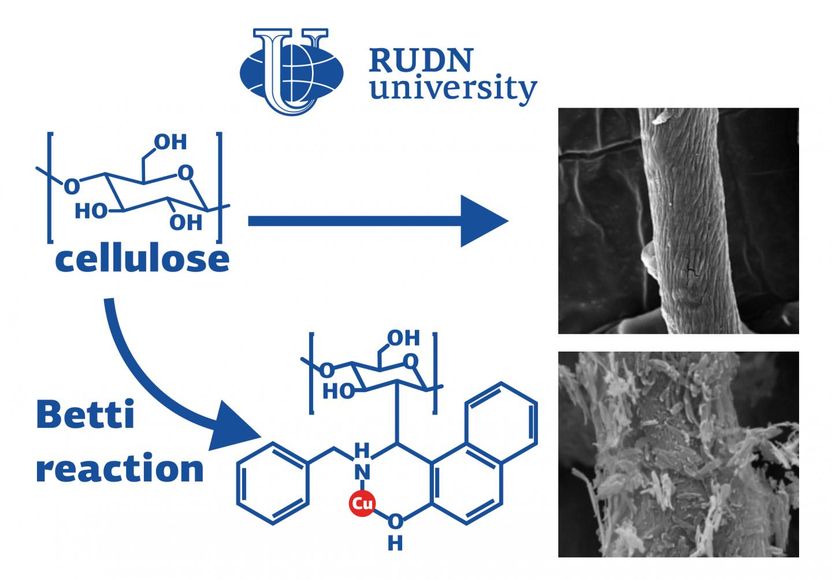MEDIGENE: POSITIVE PHASE 1 DATA - PHASE 2 TRIAL FOR MEDIGENE´S NOVEL ANTICANCER THERAPEUTIC BEING PREPARED
Final study report for G207 to treat brain cancer submitted to the FDA
The biopharmaceutical company MediGene AG (NMarkt: MDG) announced today that its wholly owned subsidiary MediGene, Inc. based in San Diego, USA has submitted a final study report of its phase 1 clinical trial for G207, a novel anticancer therapeutic for the treatment of brain tumors to the FDA, the US American food and Drug Administration. The first results of the phase 1 study were published in the magazine Gene Therapy (2000 May; 7 (10):867-74). Prompted by the final analysis of the promising clinical data arising from the trial of brain cancer patients with advanced disease, MediGene is now preparing the phase 2 trial for G207.
”A phase 1 study is designed primarily to analyze tolerance and toxicity in patients to whom all known treatments have failed to bring any benefit, in this case brain cancer patients having received radiotherapy and chemotherapy beforehand. Positive results are extremely rare at this stage due to the progression of the disease. Brain cancer patients generally have a life expectancy of not more than six months after first diagnosis of the tumor - in this trial 10% of the patients treated with G207 are still alive more than two years after the end of treatment”, stated Dr. Johanna Holldack, Chief Operating Officer of MediGene AG. “We are very excited about the outcome of the study. MediGene, Inc. is still following the surviving patients and so far has not found any evidence of long-term toxicity from this treatment.”
It is estimated that 30,000 cases of malignant brain tumors are newly diagnosed in Europe and the USA alone per year. At present the treatment options are limited to surgery and radiation therapy which do not generally lead to lasting benefit for the patient. In the field of oncology a patient is considered to be cured after the tumor has disappeared and the patient has lived at least another five years after treatment.
G207 is a modified herpes simplex virus that has been genetically engineered to replicate in and kill cancer cells while sparing normal cells. Its unique properties allow it to be delivered directly into brain tumors without harm to surrounding healthy tissue. G207 also can be selectively and safely turned off by the common anti-herpes drug Acyclovir©. This combination of properties makes G207 ideally suited as a safe and selective anti-tumor therapeutic.
“We are extremely encouraged by the data on our novel selective therapeutic G207,” said Frank Tufaro, Ph.D., Managing Director of MediGene, Inc. “It is clear that G207 can be delivered at relatively high doses without toxicity. We are now preparing to test G207 in a phase 2 trial in newly diagnosed patients, where we expect to have the most impact on disease outcome.”
The phase 1 study of G207, which was designed to show the safety of the drug in humans, was recently completed in patients with recurrent, progressive malignant glioma at the University of Alabama, Birmingham, and Georgetown University Medical Center. Patients enrolled in a total of seven dose-escalating cohorts were inoculated with G207. No toxicity related to G207 was seen at any dose.
The phase 2 clinical studies MediGene is currently preparing are designed to show the efficacy of G207 both alone, and in combination with irradiation. Results from pre-clinical studies show a benefit from combining these two forms of therapy.
Topics
Organizations
Other news from the department science

Get the chemical industry in your inbox
By submitting this form you agree that LUMITOS AG will send you the newsletter(s) selected above by email. Your data will not be passed on to third parties. Your data will be stored and processed in accordance with our data protection regulations. LUMITOS may contact you by email for the purpose of advertising or market and opinion surveys. You can revoke your consent at any time without giving reasons to LUMITOS AG, Ernst-Augustin-Str. 2, 12489 Berlin, Germany or by e-mail at revoke@lumitos.com with effect for the future. In addition, each email contains a link to unsubscribe from the corresponding newsletter.
Most read news
More news from our other portals
Last viewed contents
Torsten Olschewski appointed as Business Unit Head at Analytik Jena AG

Palladium Catalysts Can Do Its - Direct coupling of aryl halides and alkyllithium compounds by palladium catalysis
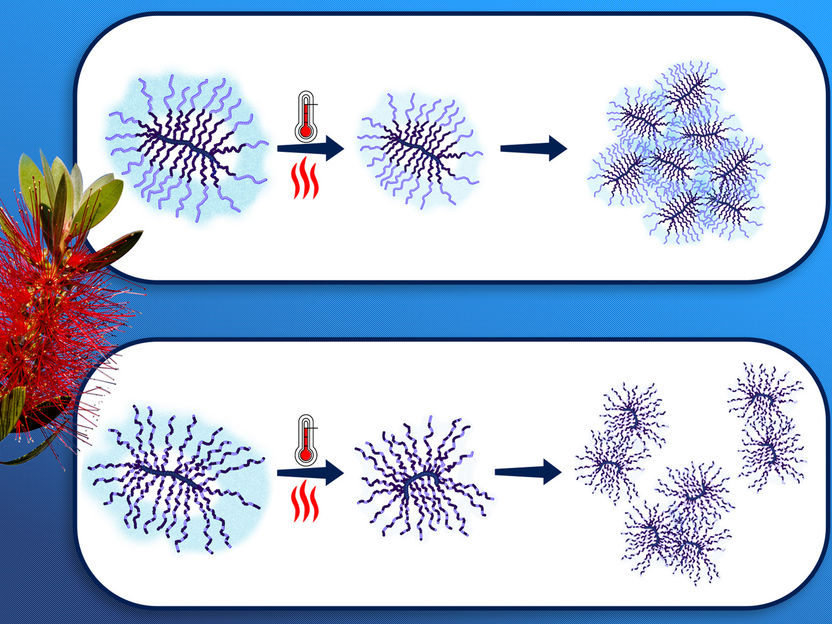
Smart bottle brushes - Neutrons make structural changes in molecular brushes visible: Promising candidates for a variety of applications
Strategic Analysis of the World Combinatorial Chemistry Markets
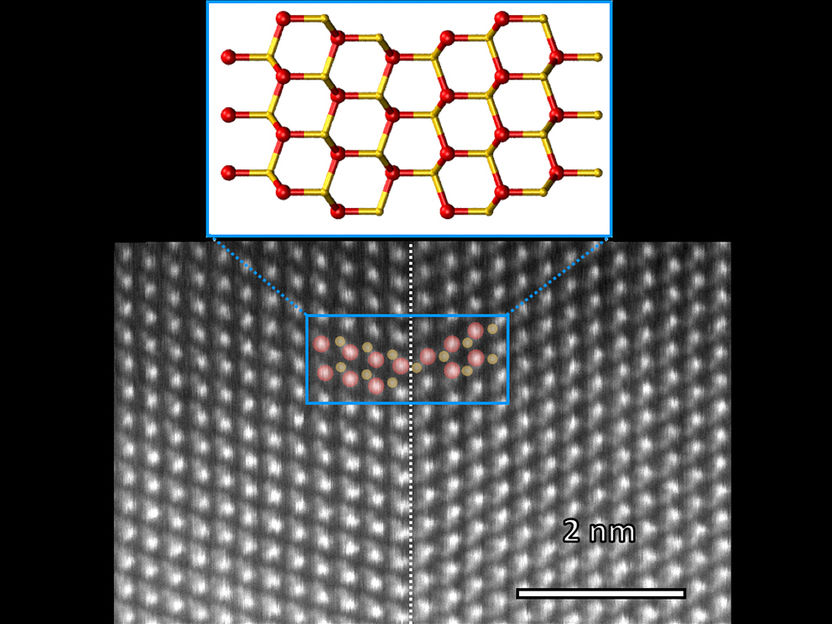
Better thermal conductivity by adjusting the arrangement of atoms
Bayer gets green light for new world-scale TDI plant in Dormagen
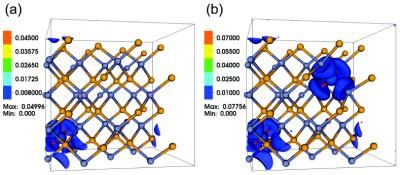
Mismatched alloys are a good match for thermoelectrics
Novartis files ASM 981 for treatment of eczema in the US - Non-steroid treatment may offer new options for adult and pediatric patients
GSK and Tanabe to collaborate on development and commercialisation of preclinical products
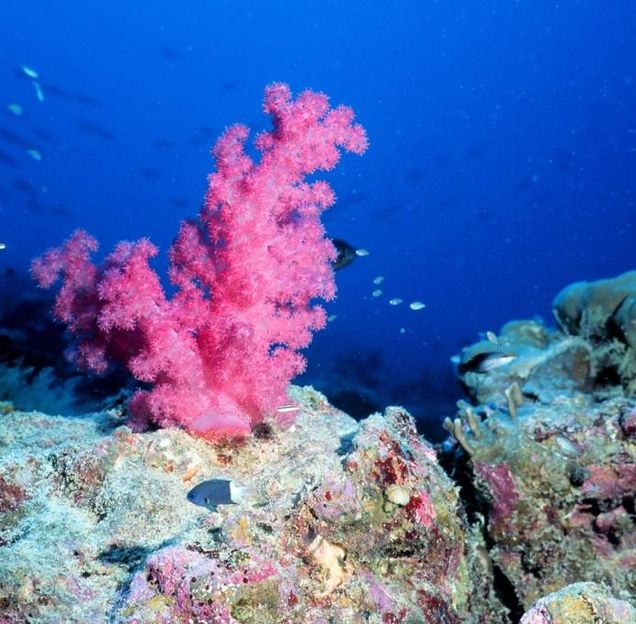
Greenhouse gases' millennia-long ocean legacy
PTT_Public_Company_Limited
